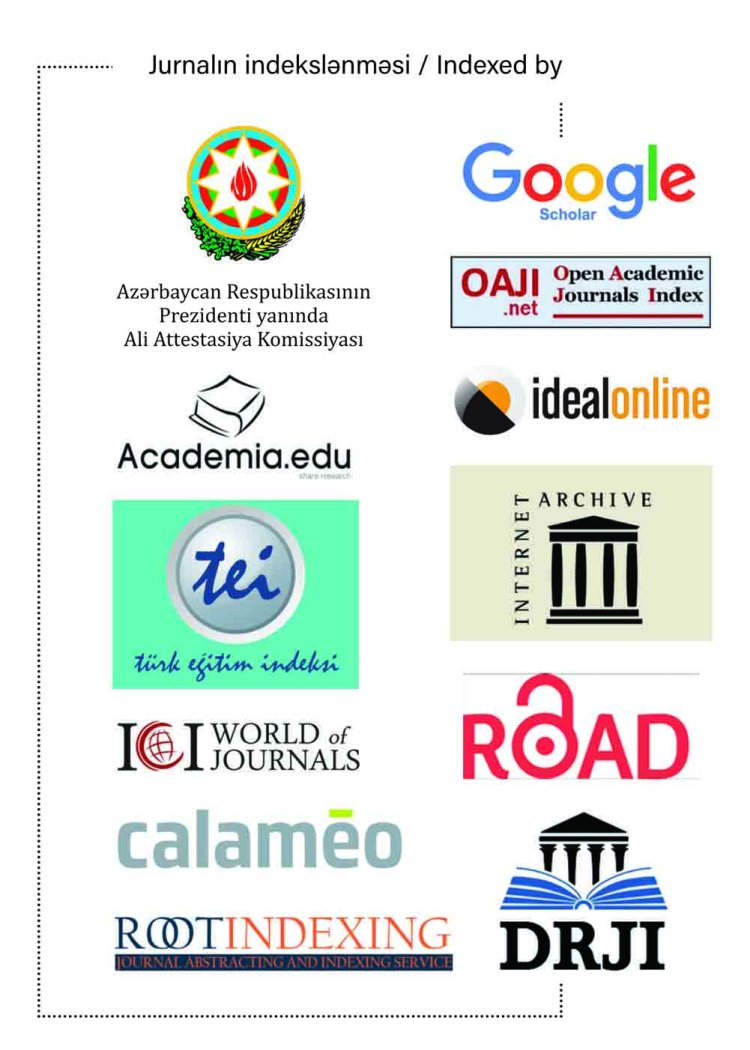TRENDS IN INNOVATION IN INITIAL TEACHER PREPARATION
MUSEYIB ILYASOV
In our republic, several important programs implemented to improve higher pedagogical education have made it a necessary task to innovate and expand innovations in the process of teacher training. These tasks stem from the socio-economic development of society and are mainly characterized by several factors. Thus, the process of updating the paradigms, methodology, essence, and content of education is underway, new pedagogical technologies are emerging and applied in practice. Substantial work is being done to integrate higher education into the European educational space, to recognize diplomas, and to issue dual diplomas. In this regard, reforms are underway to ensure compliance in curricula. Subjects that do not keep pace with the time are removed from the curriculum and new, more important subjects are included in the curriculum. The humanistic orientation of education is expanding, and the process of teacher-student relations, based on the principle of cooperation is strengthening. The interaction of students with teachers in classrooms is expanding, and the transition from traditional forms of teaching to new content and forms is becoming more intensive. There is a growing demand for the training of competitive personnel, and the necessity for future professionals to acquire practical skills and competencies is emphasized. The application of distance education technologies is expanding, and work in this direction is developing rapidly, and so on. All of this makes it necessary to address several innovative issues in higher pedagogical education. The application of innovations in higher pedagogical education is effective only if they lead to high results as an indicator of the quality of education and the reliability of the trained personnel. In such cases, innovations are widely applied, and the level of pedagogical values can rise.




